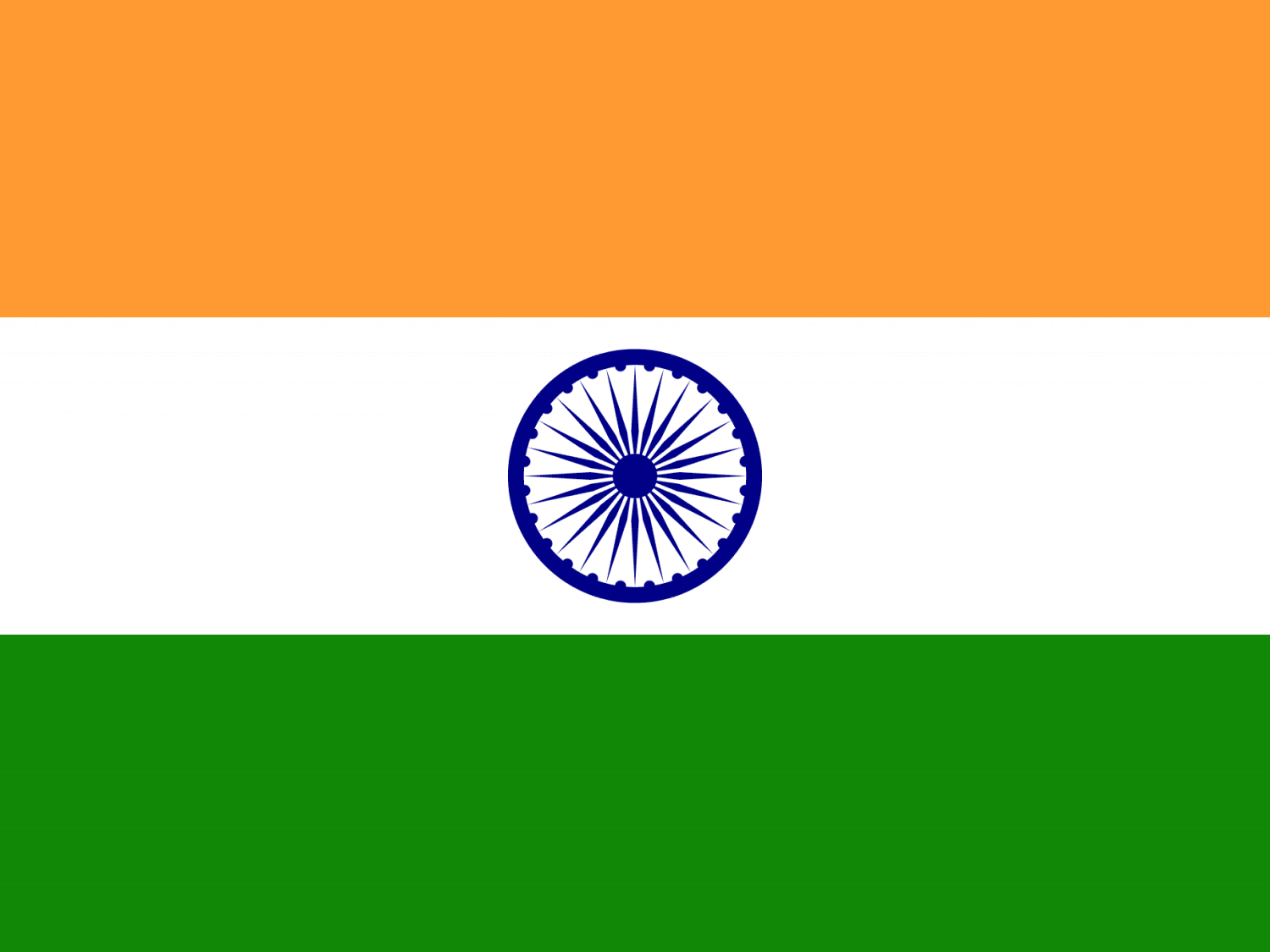Moving to India
Simply move better with reloqio
✔️ Get offers free of charge – No obligation, no worres.
✔️ Quality-tested partners – Reliable and experienced.
✔️ Selection in your region – Find the perfect offer and save up to 45%.

Overview
Introduction to India
India, the world’s largest democracy and a rapidly growing economy, is a country of immense cultural diversity, rich history, and varied landscapes. From the bustling streets of Mumbai and Delhi to the serene backwaters of Kerala and the majestic Himalayas, India offers a unique blend of modernity and tradition. The country is known for its vibrant festivals, diverse cuisine, and deep spiritual roots. However, India also faces challenges such as infrastructural disparities, economic inequality, and environmental issues, which can significantly impact daily life for expatriates.
Why Move to India
Moving to India provides an opportunity to experience one of the most culturally rich and diverse countries in the world. The country offers significant opportunities in various sectors, including technology, finance, and education, attracting professionals and entrepreneurs from around the globe. India’s relatively low cost of living, compared to Western countries, can be appealing. However, expatriates should be prepared for the challenges of adjusting to the country’s complex social fabric, varying standards of infrastructure, and the often chaotic pace of life in its major cities.
Cost of Living in India
The cost of living in India varies greatly depending on the city and lifestyle. Major cities like Mumbai, Delhi, and Bangalore can be expensive, especially for housing and international school fees. However, outside of these metropolitan areas, the cost of living is significantly lower. Daily expenses such as food, transportation, and domestic help are generally affordable. While India offers a lower cost of living, expatriates may need to factor in additional costs for private healthcare, international education, and secure housing, particularly in urban areas.
Visa and Residency
Types of Visas
India offers several types of visas, including employment, business, student, and tourist visas. The employment visa is the most common for expatriates and requires a job offer from an Indian company. The visa application process can be complex and requires detailed documentation, including proof of employment, educational qualifications, and financial stability. Tourist visas are easy to obtain for short visits but do not allow for employment. It’s crucial to apply for the correct visa type and ensure that all required documents are accurate and complete.
Requirements for Obtaining Residency
Obtaining residency in India typically begins with securing an employment visa. After living in India for a certain period, expatriates may apply for an extension of their visa or long-term residency, depending on their circumstances. The process involves submitting various documents, including proof of employment, housing, and health insurance. While the process can be bureaucratic, many expatriates find it manageable with the assistance of their employers or immigration services.
Renewing Residency
Renewing residency in India involves extending your visa or applying for a new one, depending on your situation. The renewal process can be time-consuming and requires careful planning to ensure all necessary documentation is submitted on time. It’s advisable to begin the renewal process well before your current visa expires to avoid any legal issues. Employers often assist with visa renewals, particularly for those on employment visas.
Finding Accommodation
Popular Neighborhoods in India
In major cities like Mumbai, Delhi, and Bangalore, popular neighborhoods for expatriates include areas with modern amenities, good schools, and proximity to work. In Mumbai, areas like Bandra, Juhu, and Powai are known for their expatriate communities and upscale housing. In Delhi, neighborhoods such as South Delhi, Gurgaon, and Noida are popular for their mix of residential and commercial spaces. Bangalore offers neighborhoods like Whitefield and Koramangala, which are favored for their proximity to IT hubs. Housing options vary from luxury apartments to gated communities, but prices can be high, especially in city centers.
Renting vs Buying Property
Renting is the most common option for expatriates in India due to the complexity of buying property as a foreigner. Rental properties range from luxury apartments to more modest accommodations, with prices varying significantly by location and size. Leases typically require a security deposit and are usually for one year, with the option to renew. Buying property is possible for expatriates under certain conditions, such as residing in India for more than 182 days per year, but it involves navigating a complex legal framework. It is advisable to consult with a legal expert if considering property purchase in India.
Tips for Finding Accommodation
When searching for accommodation in India, consider factors such as proximity to work, availability of public transport, and access to amenities like schools, healthcare, and shopping centers. Working with a reputable real estate agent can be helpful in navigating the housing market, especially for those unfamiliar with the local market. It’s important to inspect properties thoroughly before signing a lease, as the quality of housing can vary widely. Be prepared to negotiate rental terms, and ensure that all lease agreements are clear and legally sound.
India’s strategic location in South Asia makes it a great base for exploring the region. For those interested in traveling, the historical landmarks and vibrant cities of Nepal, the cultural richness and natural beauty of Sri Lanka, or the modern urban experiences in Singapore are all easily accessible from India.
Settling In
Healthcare System in India
India has a vast healthcare system, with both public and private options available. Public healthcare is affordable but often overcrowded and under-resourced, particularly in rural areas. Many expatriates prefer private healthcare facilities, which offer higher standards of care, modern equipment, and English-speaking staff. However, private healthcare can be expensive, so comprehensive health insurance is recommended. For specialized treatments or serious medical conditions, expatriates sometimes travel to other countries in the region, such as Singapore or Thailand, for more advanced care.
Education System in India
India offers a variety of educational options, including international schools that follow British, American, or International Baccalaureate (IB) curricula. These schools are primarily located in major cities and provide high-quality education, but spaces can be limited, and fees are high. Local schools are also an option, but the medium of instruction is often in regional languages or Hindi, which can be a challenge for expatriate children. Early application to international schools is recommended, and many expatriates choose these schools to ensure continuity in their children’s education.
Cultural Etiquette and Customs
India is a country with deep cultural traditions, and understanding local customs is essential for expatriates. Respect for elders, modesty in dress, and adherence to social norms are important in both professional and personal interactions. Religion plays a significant role in Indian life, and expatriates should be mindful of religious practices and holidays. Social etiquette, such as removing shoes before entering a home and greeting elders with a respectful “Namaste,” is important. Additionally, India’s diverse languages, customs, and traditions vary widely by region, so adapting to local practices can help expatriates integrate more smoothly into Indian society.
{filterable_table}
Ready for your move to India? Get free quotes now!
Enquire about moving offers here and get quick answers with cost estimates.
It only takes 2 minutes and you can save up to 45% on your move to India!
